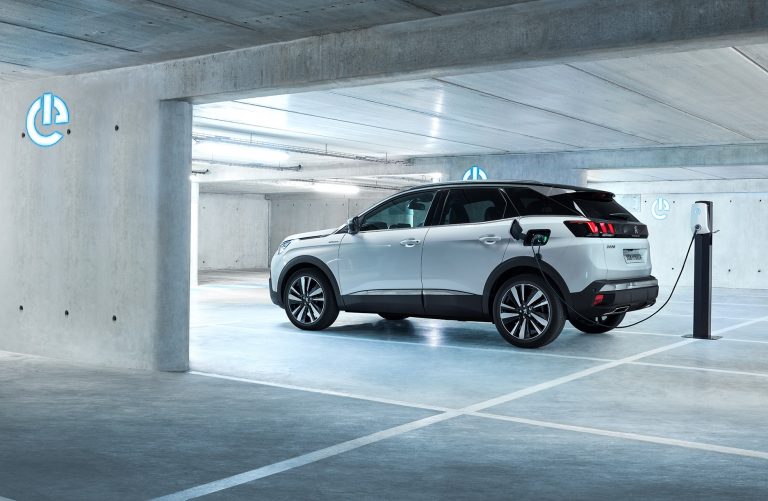Innovation premium takes electric car market to record level

In Germany, 35,955 electric vehicles were newly registered in July, including purely battery-powered electric cars, plug-in hybrids and fuel cell vehicles. The increase over the same month last year is 288 percent. Compared to the previous month, which already had a very high number of registrations, the increase is about 80 percent. New registrations of pure electric cars (BEV) rose by 182 percent to 16,798 units in July. In addition, almost six times as many plug-in hybrids (PHEV) were newly registered as in the same month last year. The Federal Motor Transport Authority registered 19,119 new PHEVs (up 485 percent).
Since the beginning of the year, 129,934 electric vehicles have been newly registered (plus 128 percent). In the first seven months of 2020, they achieved a share of 8.5 percent of the total market, compared with around 3 percent in 2019.
Reinhard Zirpel, President of the Association of International Motor Vehicle Manufacturers (VDIK) emphasized: “The electric car market is experiencing a real boom at the beginning of the second half of the year. The reason for this is the innovation premium, which is helping the market reach a new record high. With a comprehensive range of electric vehicles, the international manufacturers are also contributing to the growth.”
The VDIK regularly updates the list of electric vehicles from international manufacturers. The VDIK member companies currently offer over 70 electric models that customers can order in Germany. The VDIK electric list can be downloaded here.
The overall demand for vehicles with alternative engines also increased significantly in July. A total of 71,041 new electric cars, hybrids with and without plugs, mild hybrids (48 volts) and gas passenger cars were registered. The increase over the same month last year was 143 percent. Since the beginning of the year 279,148 new units have been registered. Among them were 4,485 new CNG cars. Three quarters of the vehicles come from international manufacturers (76 percent). In total, cars with alternative drive systems achieved a share of 18.3 percent of the total market in the first seven months of this year, compared to just under 9 percent in 2019.
| June | January – June | |||||
|---|---|---|---|---|---|---|
| Change(%) | Change(%) | Share of total market | Int. manufacturers (VDIK, %) | |||
| BEV | 16,798 | 182 | 61,105 | 65 | – | 37 |
| PHEV | 19,119 | 485 | 68,659 | 247 | – | 28 |
| FCEV | 38 | 58 | 170 | 37 | – | 100 |
| Electric vehicles (total) | 35,955 | 288 | 129,934 | 128 | 8,5 | 32 |
| HEV | 33,369 | 82 | 143,038 | 37 | – | 44 |
| CNG | 933 | 0 | 4,485 | 12 | – | 76 |
| LPG | 784 | -4 | 1,691 | -70 | – | 96 |
| Alternative drivetrains (total) | 71,041 | 52 | 279,148 | 63 | 18,3 | 39 |
Glossary
Electric vehicles: BEV, PHEV and FCEV
BEV, Battery Electric Vehicle
PHEV, Plug-In Hybrid Electric Vehicle
FCEV, Fuel Cell Vehicle, hydrogen vehicle
HEV, Hybrid without plug or non-rechargeable
CNG, Compressed Natural Gas
LPG, Liquified Petroleum Gas